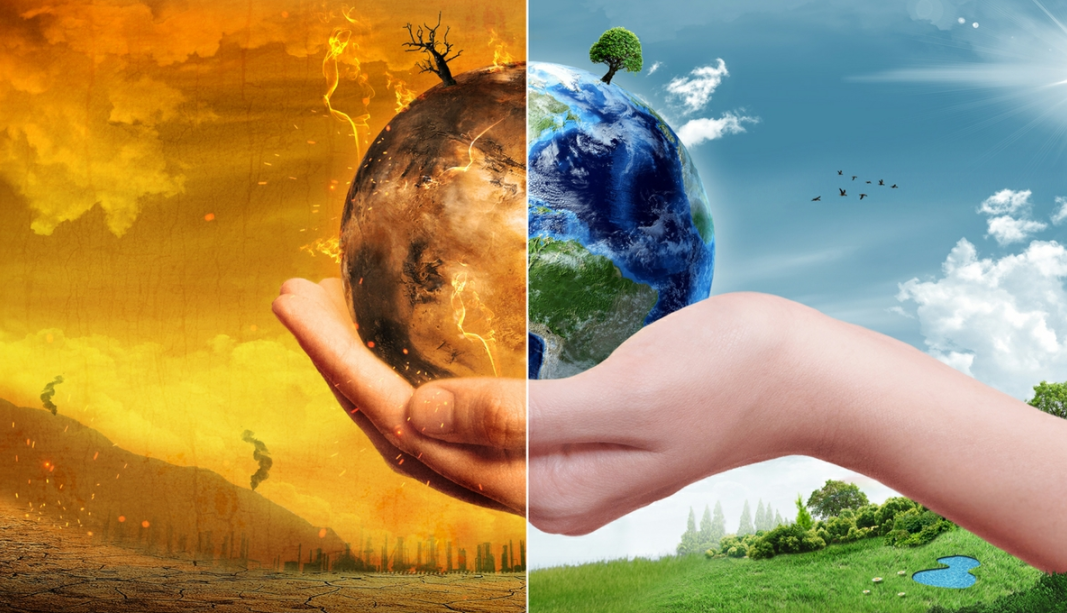“Pakistan is among those countries, who are not very much responsible for climate change, but have to face its punishment,” noted Joudat Ayaz, Additional Secretary, Ministry of Climate Change of Pakistan.
While Pakistan strives to reduce its GHG emissions, “the punishment is quite high as compared with our faults,” he added. When it comes to 2022, millions of people have been severely affected by the intense heat that has swept across Pakistan since March. Across South Asia, sweltering temperatures have been linked to an increase in heat-related deaths, failed wheat harvests, power outages and fires, with poor and marginalized communities particularly affected.
According to Global Climate Risk Index 2021 released by Germanwatch – a report that analyses and ranks to what extent countries and regions have been affected by impacts of climate related extreme weather events (storms, floods, heatwaves etc.) – developing countries are particularly affected by the impacts of climate change. Over the last few years, reads the report, “countries like Haiti, the Philippines and Pakistan that are recurrently affected by catastrophes continuously rank among the most affected countries both in the long-term index and in the index for the respective year.”

















